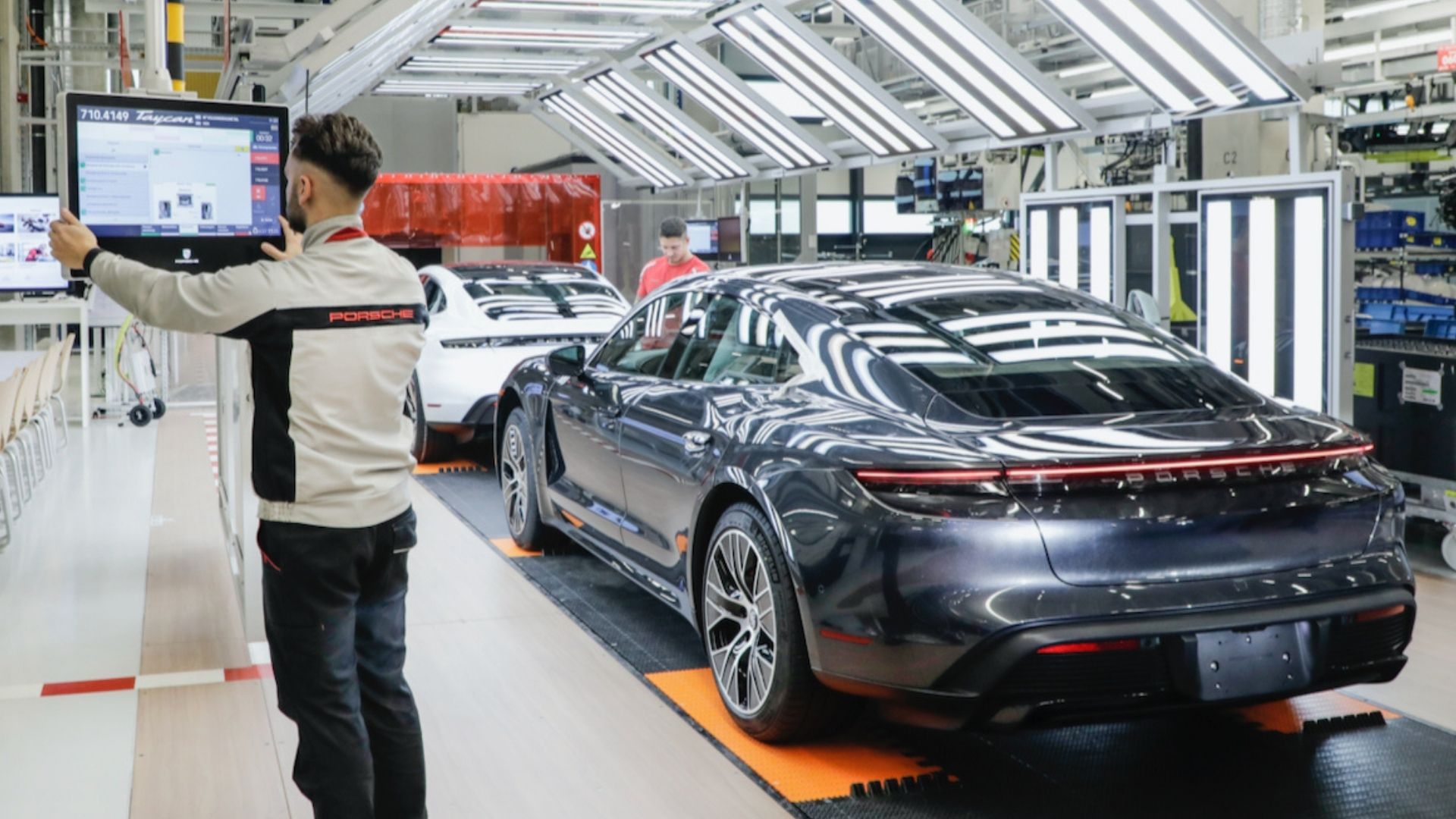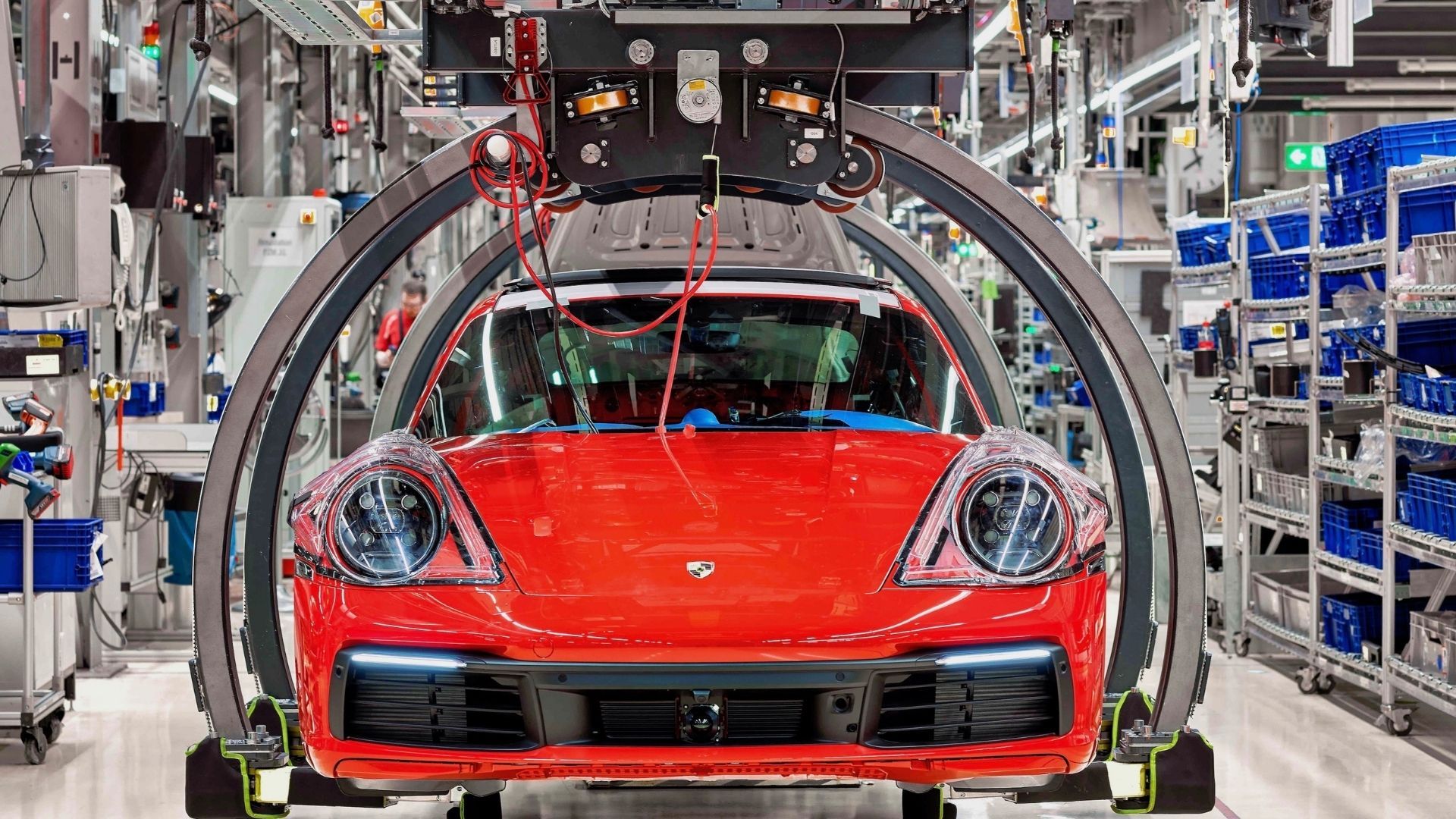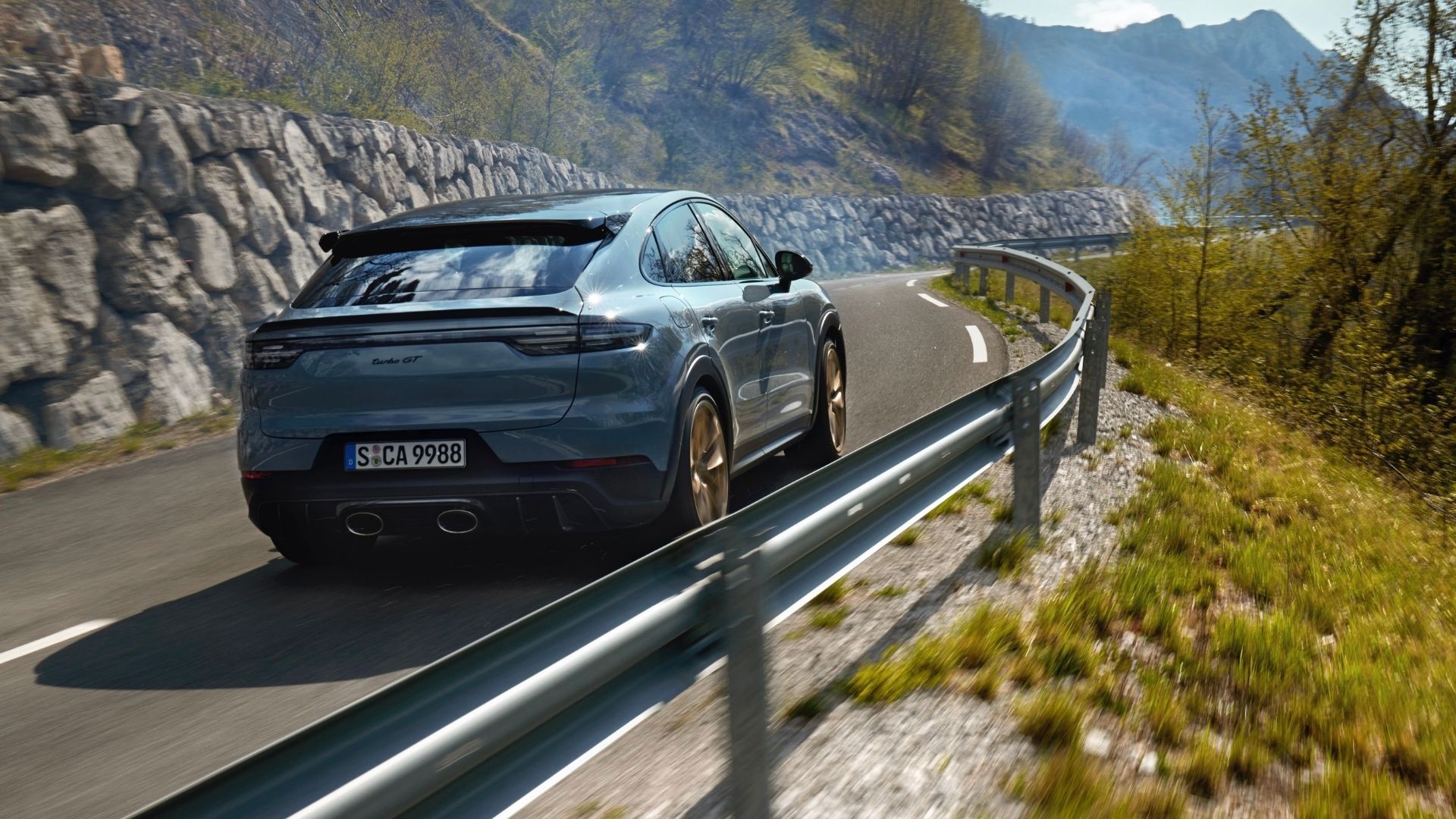The German automaker has been setting sales records instead…
Porsche recently announced it experienced record sales for the first three quarters of 2021. From January through September the German automaker delivered 217,198 vehicles to customers around the world. That’s a 13 percent increase versus the same time period last year. While we all remember the slowing of car sales in the first half of 2020, the pace picked up dramatically for the second half of the year. However, many automakers have been recording dramatically lower sales figures this year, particularly in the second and third quarters, with the chip shortage being named the number one cause. How Porsche has been able to get over that seemingly insurmountable hurdle and turn the situation around is worth looking into closely.
Learn just how much the chip shortage is affecting new car sales here.
In an interview with CNBC International back in early September, Porsche CEO Oliver Blume made it clear that despite record sales, shoppers shouldn’t expect to get their car quickly. He emphasized that while it depends on the market segment someone is shopping in, it could take up to 6 months or maybe even longer to receive a car ordered at a dealership. Blume is hopeful the problem will become less severe “very soon” and that ordering times will be at the longest 3-5 months.

Back in late July, Volkswagen chief financial officer Alexander Seitz made it clear Q3 supply would be constrained. However, Porsche vehicles have much wider profit margins than Skodas, Volkswagens, or many of the Group’s other brands, so it would only make sense to pour more resources into them. That would explain why Q3 was on the up and up for Porsche while VW Group overall has struggled.
Still, Porsche has had to make due with fewer chips than it would normally use. Like other automakers, it has removed some electronic functions from its vehicles, like adjustable seats and steering columns, conserving the chip supply. Other features have been retained in cars but a dummy chip is installed, so the features don’t function in the meantime. Once the microprocessor shortage is resolved, Porsche plans to have dealerships swap the dummies for real chips.

An official press release from Porsche about its record first 3 quarters of 2021 described how demand for cars increase in all sales regions around the globe. As has historically been the case, the United States is the top growth market for Porsches, with sales having grown 30 percent from Q1 through Q3 versus last year. However, China is the largest market with 69,789 deliveries versus 51,615 in the US.
The automaker is expecting a rush of orders in the final quarter, but only time will tell if it can handle the increase. So far this year, the Cayenne has been top dog among Porsche deliveries, racking up 62,451 units. The Macan isn’t too far behind at 61,944 units.

More surprising is the fact the all-electric Taycan achieved 28,640 units delivered versus 27,972 for the iconic 911. The Panamera flexed its muscles with 20,275 units put into customers’ hands, while the 718 Boxster and Cayman pulled in 15,916 units for the first 3 quarters of this year.
While the Cayenne continues to be the top seller for Porsche in 2021, you might be surprised to learn the plant which assembles the SUV was closed for a week because of the chip shortage. As reported by German paper Handelsblatt, the Volkswagen factory in Bratislava, Slovakia idled from April 29 through May 7.
Photos credit: Porsche
Sources: CNBC, Handelsblatt, Flat Sixes, Bloomberg, Teller Report






